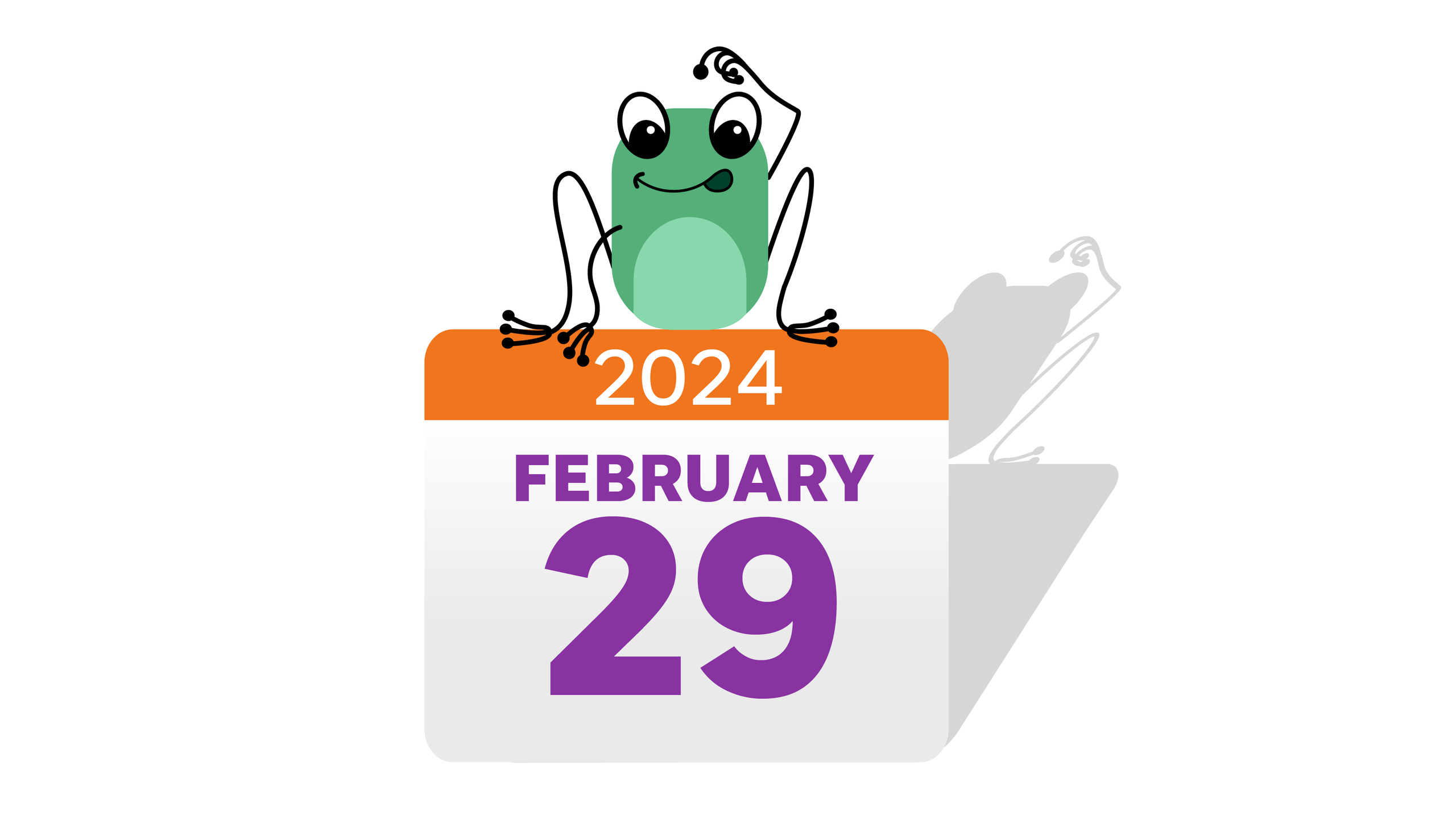
Feb. 29 is a bonus day in 2024 – which happens only every four years.
The last leap year was 2020. Typically, February has only 28 days.
Our shortest month gets a day longer in 2024, as it does every four years for leap year. Feb. 29 helps our calendars catch up with Earth’s rotation around the sun. The 366th day puts the 365-day Gregorian calendar back into sync with Earth’s orbit, which amounts to 365 days, 5 hours, 48 minutes and 46 seconds, or 364.2422 days. Here’s a closer look at the science and the history.
So every four years an extra day known as a "leap day" is added to the calendar to make up for that extra quarter of a day.
Unable to view our graphics? Click here to see them.
This tweak makes sure the equinoxes and seasonal variations don't vary over time.
The term "leap" emerged because every date in a “leap year” advances by one day from the year before it starting in March.
Learn more: Breaking down the science and history behind leap year.
Although it may sound complicated, the method has been able to maintain the seasons and the calendar's alignment for almost 400 years. There is still an annual 30-second drift in the Gregorian calendar, so it's not perfect.
Father of leap year
Roman emperor Julius Caesar introduced the Julian calendar. It was made up 365 days, separated into 12 months.
Though Julius Caesar is credited for originating leap days, he got the idea from the Egyptians. By the third century B.C., Egyptians followed a solar calendar that spanned 365 days with a leap year every four years, National Geographic reports.
When making the Julian calendar, Caesar took inspiration from the Egyptians and decided to add an extra day to February every four years. The Julian calendar officially began on Jan. 1 in 45 B.C.
When the Julian calendar was changed to the Gregorian calendar in 1582, the tradition of adding a leap day to February continued.
2024 is party time for leap year babies
For those celebrating their birthdays on Feb. 29, it's considered the rarest birthday a person can have.
Given that Feb. 29 occurs only once every 1,461 days, the likelihood of a baby being born on leap day is quite low − roughly 1 in 1,461.
Leap day babies usually celebrate their birthdays on Feb. 28 or March 1. Yet their identification and important documents continue to list Feb. 29. Those with that unique day often refer to themselves as "leap day babies" or "leaplings," according to History.
So with the help of that bonus day every four years, our seasons will always occur when we expect them. We can look forward to the next leap year in 2028.
https://eu.freep.com/story/news/local/michigan/2024/02/26/leap-year-2024-february-29/72743729007/







